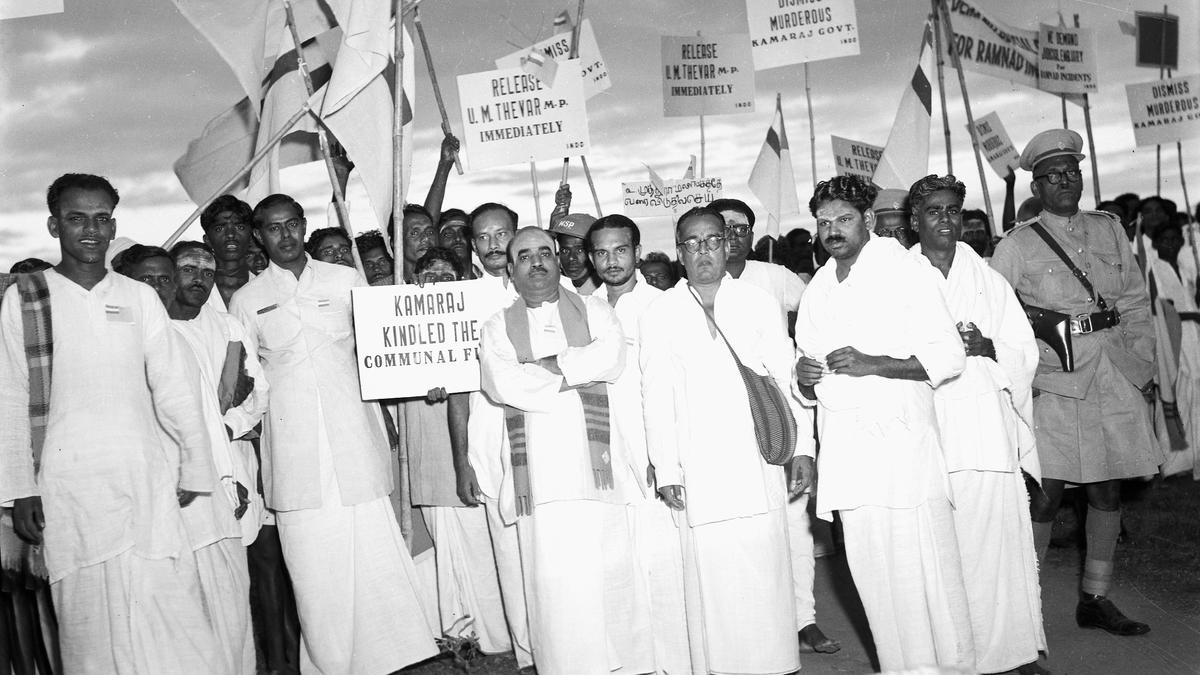By Abubacarr
Copyright standard

Dear Editor,The recent remarks by Information Minister Dr I smaila Ceesay regarding the appointment of Auditor General Modou Ceesay as Minister of Trade require careful clarification. Dr Ceesay suggested that by exchanging smiles with President Barrow, and receiving his appointment letter at State House, the Auditor General had already “accepted” the ministerial position. This interpretation is misleading and risks trivialising the seriousness of constitutional appointments in The Gambia.Gestures of courtesy in formal settings, such as a handshake, or even a smile are cultural expressions of respect, not binding endorsements of political or administrative offers.To claim otherwise is to confuse politeness with acceptance. The delivery of an appointment letter gives the appointee an opportunity to reflect, consult, and decide whether to assume the responsibilities attached to the role. Acceptance must be clear, deliberate, and communicated in no uncertain terms, whether verbally or in writing.The case of the Auditor General is even more unique. The National Audit Office Act of 2015 and the Constitution of The Gambia enshrine the independence of the Auditor General’s office to safeguard accountability, transparency, and integrity in the management of public funds. This independence is deliberately designed to protect the Auditor General from political pressures and to ensure credibility in public sector audits. To suggest that a brief exchange at State House automatically overrides this constitutional safeguard is both legally and ethically flawed.If Dr Ceesay is drawing parallels to his own personal experience, where he accepted a ministerial appointment without broader consultation with his party’s executives or membership, then he is mistaken. A ministerial appointment is inherently political, subject to party strategy and executive discretion. The Auditor General, by contrast, occupies a constitutional post insulated from politics and entrusted with the solemn duty of holding government itself accountable.Mr Modou Ceesay’s decision to decline the appointment and remain committed to his role as Auditor General must therefore be respected as lawful, principled, and in line with his constitutional mandate. Anything less risks undermining the independence of one of the country’s most critical institutions.In the interest of democratic governance and the rule of law, we must recognize that acceptance of public office is not about smiles or hugs, but about informed and deliberate consent.Lamin Bojang
Persecution, not prosecution: The trial of data price floor protesters
Dear Editor,The ongoing trial of 23 young Gambians and another 21 youths under police bail, arrested for protesting against the Public Utilities Regulatory Authority data price floor policy exposes a deep crisis in governance, democracy, and human rights in The Gambia. This trial is not about justice; it is about silencing dissent, intimidating citizens, and shielding public institutions from accountability.On the day of the protest, young people gathered peacefully to demand transparency and fairness in the regulation of internet data prices. Their actions were driven by a genuine concern over the economic burden placed on Gambians by the data price floor, which has made internet access more expensive and inaccessible to many. Instead of engaging with the protesters and addressing their grievances, the state responded with brute force, arresting and imposing bogus charges.The Constitution of The Gambia (Section 25) guarantees the right to freedom of assembly, association, and expression. Internationally, The Gambia is bound by treaties such as the International Covenant on Civil and Political Rights (ICCPR) and the African Charter on Human and Peoples’ Rights, both of which enshrine these same freedoms. By arresting and prosecuting these youths, the government is violating both national and international obligations.What is unfolding in the courts is not a genuine legal process but rather a political persecution disguised as prosecution. A prosecution seeks justice, but a persecution seeks to punish and deter activism. The state’s objective here is clear: to send a chilling message to other citizens that challenging public authorities like PURA will not be tolerated.Furthermore, this trial highlights democratic backsliding. A government that fears peaceful protest is a government that fears its people. By criminalising civic action, the authorities are shrinking the civic space, undermining public trust, and eroding accountability. Instead of facing scrutiny, PURA remains insulated from the very people it is mandated to serve, which breeds corruption, inefficiency, and abuse of power.The way forward must be rooted in justice and accountability:1. Immediate dropping of charges: All charges against the 44 protesters must be dropped unconditionally. Their only ‘crime’ was exercising their constitutional rights.2. Independent review of Pura’s decision: There should be a transparent, participatory review of the data price floor policy to ensure it aligns with the public interest.3. Protection of Civic Space: The government must guarantee citizens’ rights to protest and engage in public discourse without fear of retaliation.4. Accountability for abuse of power: Officials who ordered or executed unlawful arrests and excessive force must be held accountable.The trial of these youths is a test of The Gambia’s commitment to democracy and human rights. Will the state uphold the rule of law, or will it descend further into authoritarianism by persecuting its own citizens?At its core, this is not just about data prices; it is about the soul of Gambian democracy. The world is watching, and history will remember whether this moment was defined by justice or by injustice masquerading as law.Madi JobartehKembujeh



